![]()
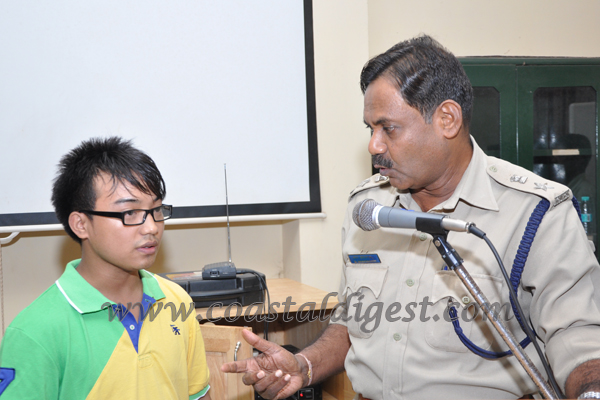
Mangalore, August 17: As students from North-East parts of the country voiced their anxiety and concerns at St. Aloysius College on Friday, D. Dharmaiah, Deputy Commissioner of Police (Crime and Traffic) gave them assurances about their safety in the city.
Speaking at a 'confidence building' meet organised at St. Aloysius College in view of growing fear in the North-East students of being attacked, Mr. Dharmaiah told the gathered students that there was no necessity to have any fear. “We are all Indians. Everyone has the right to move around freely without restrictions. You need not have any fear while the authorities and your friends are here,” he assured them.
In view of the spread of SMSs being received by North-Eastern students to return to their natives, the DCP instructed them to immediately report any SMS or untoward incident to the Police Control Room.
Students from North-East studying in the college expressed their apprehension of being attacked as an apparent fallout of Assam violence.
A post-graduate student said that she, especially being a girl, felt insecure in Mangalore. “As students of Social Work, though in a group, we feel scared to go out in the city for our practical work. There is a strong need to make ourselves feel secure,” she said. She said that she felt safe when police officers offered them a feeling of comfort, and hoped for a good and safe environment in Mangalore under them.
Another student advised her fellow natives not to let panic strike their minds. “The SMSs that were sent about attacks in Mumbai and Pune were doctored. Don't let them fool you. Be positive. Have faith in local people, for they will protect you if there is any violence. Mingle much with others and toss out negative thoughts from your mind,” she told them.
Another implored his native friends in both Mangalore and Bangalore not to leave the place, as “Karnataka was the safest to live and work”.
A member of the Muslim community (Sadakatullah) from Idgah Masjid also addressed the gathering in Malayalam and assured the students that no violence would take place in his region. He said that Islam did not teach or encourage acts of violence.
Faculty of St. Aloysius College such as Fr Francis D'Almeida, Vice-Principal, Nirmala Muliyil, Director of North-East Overseas Cell, Richard Gonsalves, Director of Student Council, Prof. Ronald Pinto, John D'Silva and Judith Pinto also spoke on the occasion and instilled confidence among the students.
Assurances of safety were given to North East students in a similar programme held at Balmatta under the auspices of NEST (North East Students' Team) and Sparsha Soial Centre.
Subhashchandra S, ACP, said that the police department is there to protect the students and advised them to dial 100 or contact the Mangalore Police Control room at 0824-2220800 for any sort of assistance promising that the department would respond to them any time of the day or night.
J R Lobo, Former Commissioner, MCC, said that India has survived all these years in spite of its diversity owing to its tolerance and respect for each other. Certain forces with ulterior motives are trying to destabilize peace in the country on the lines of race and religion, he said. Stating that north eastern states and their people are as much a part of the country as others, Mr. Lobo said that all states and people are inter-dependent in India. Assuring that Mangalore is a safe place, he said that the city is a century ahead in terms of its outlook and development compared to other cities in the state and even in the country.
The students placed flowers of different colours to form a bouquet accompanied by the national flag to symbolically suggest that they are a part of the diverse culture of India.
Speaking to mediapersons at the sidelines of the programme, Adarsh Sharma of Manipur said that Mangalore has always been a safe place for North East students. However, parents of these students are worried and some of them have even come down to the city to take their wards back for safety, he said. A separate helpline should be created for the students by the government, he opined.
Banri from Meghalaya, another student who spoke to mediapersons said that no untoward incidents have taken place in Mangalore so far with regard to North East students. However, they continue to receive messages from North East students in other states about such incidents, the authenticity of which remains unclear, she said. However, she urged the government to provide safety to the students irrespective of whether the messages that are being passed around are true or mere rumours.
Emergency Police Service could be reached by dialling 100 and Police Control Room by dialling (0824) 2220800. Other contact numbers are:
DCP (Crime) 9480802305
DCP (Law & Order) 9480802304
Inspector Vinay Gaonkar 9480805338
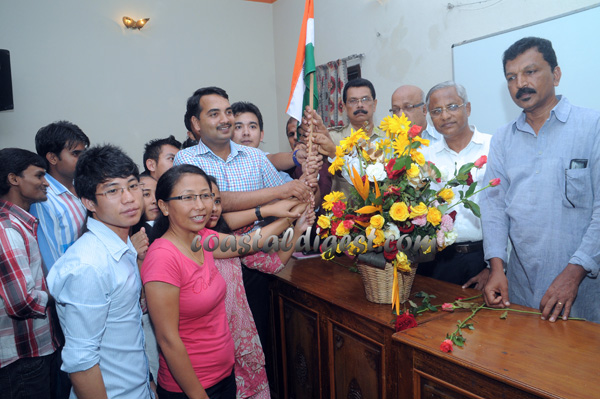
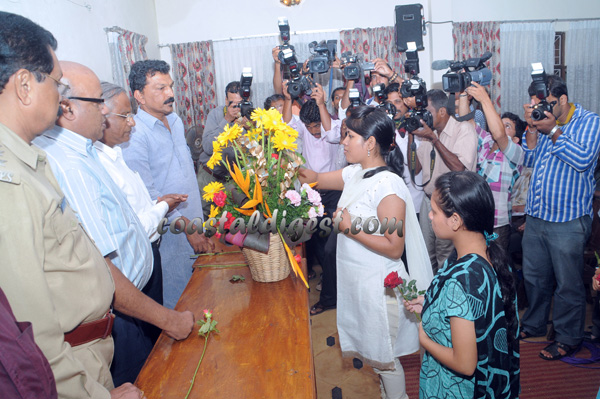
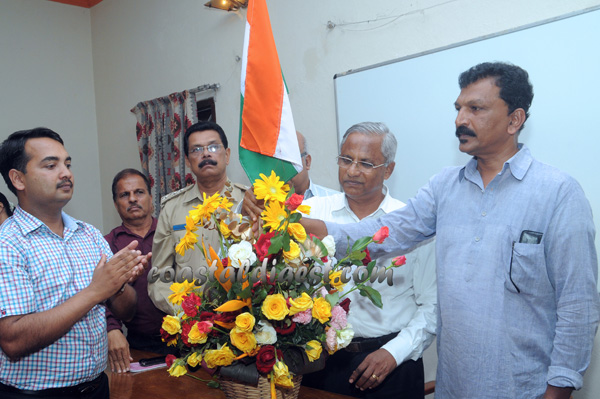
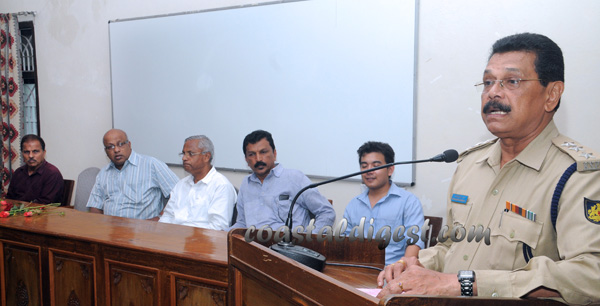
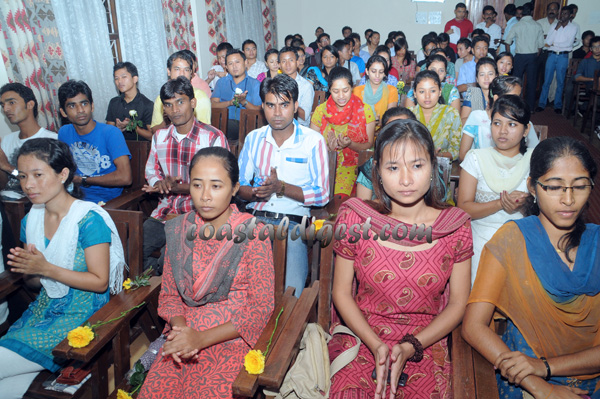
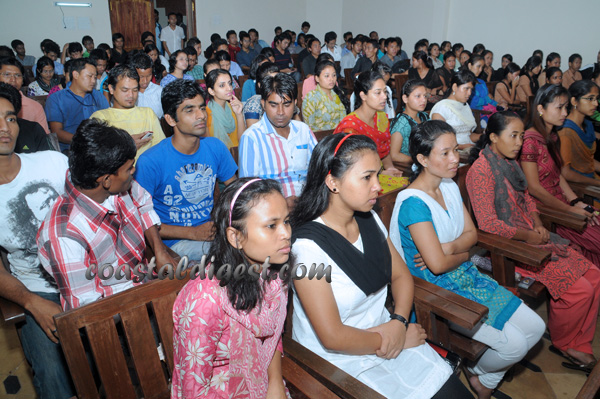
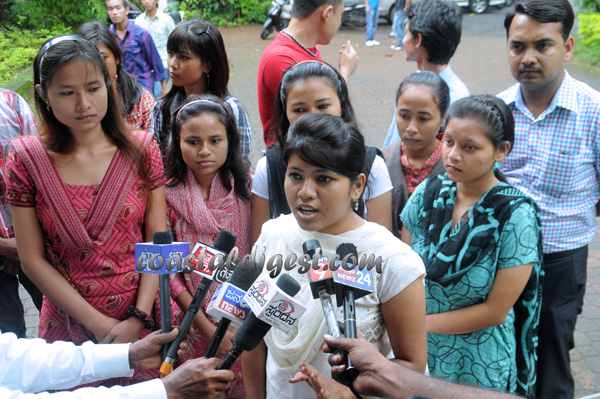
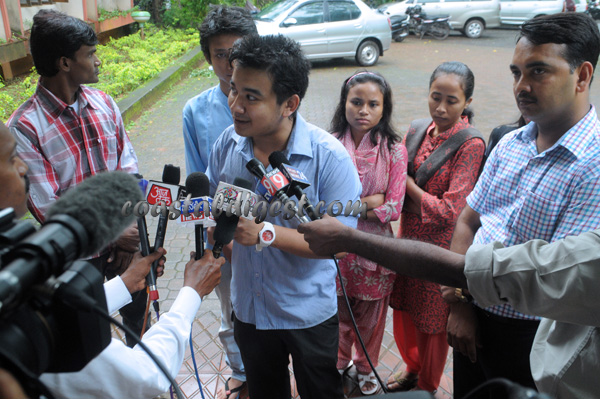
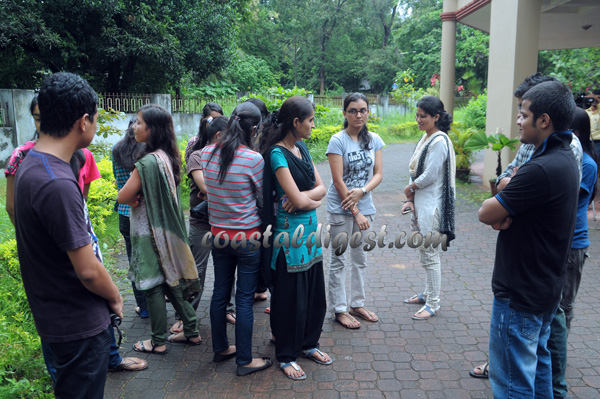
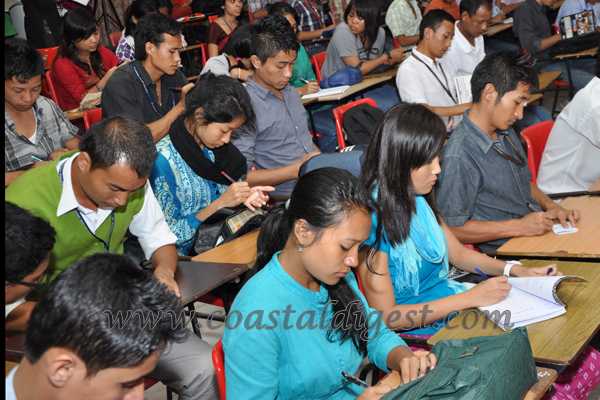
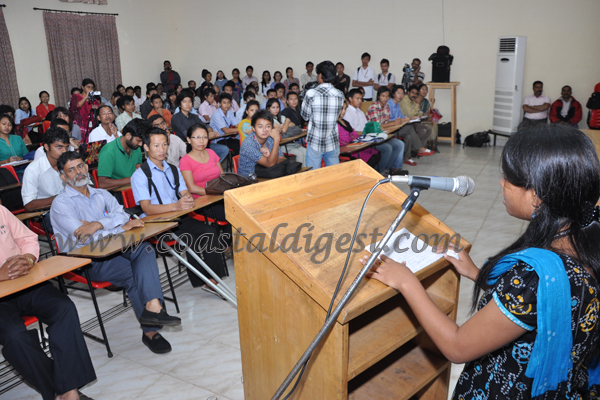
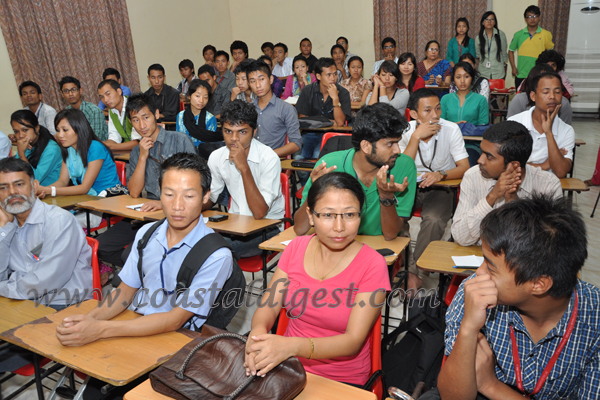
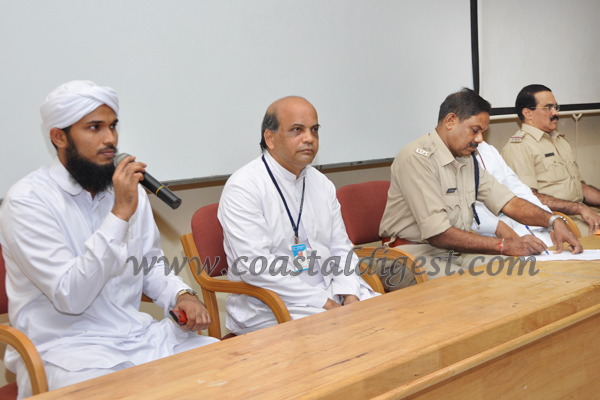
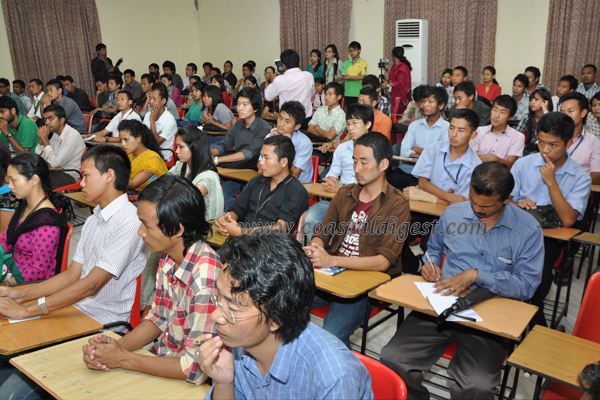
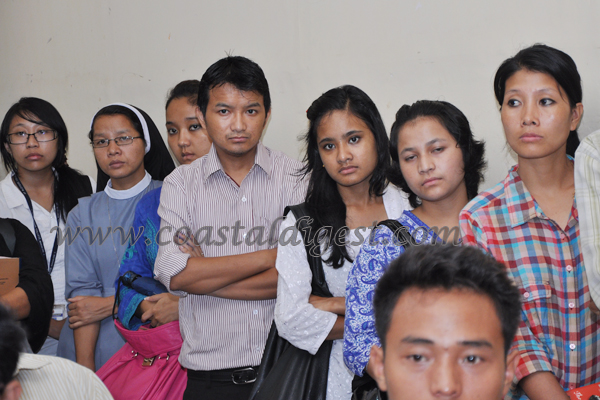
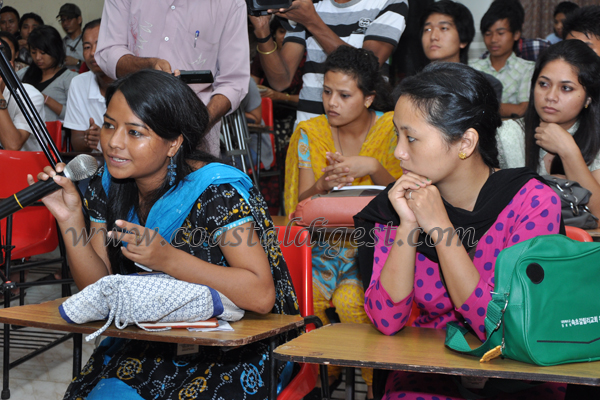
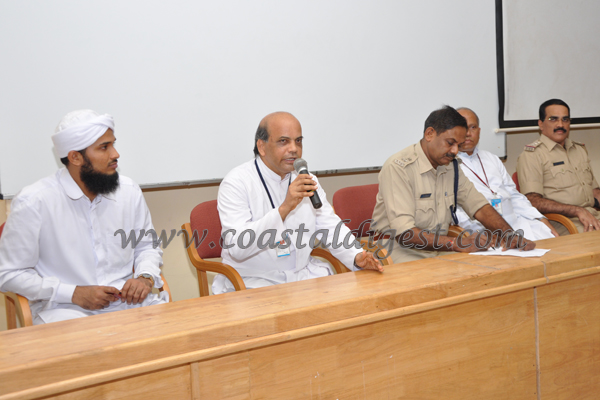
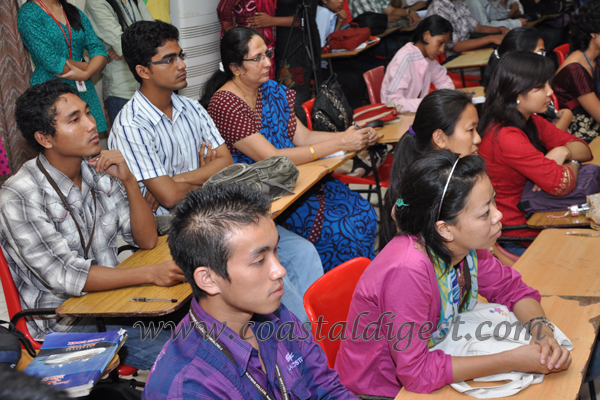
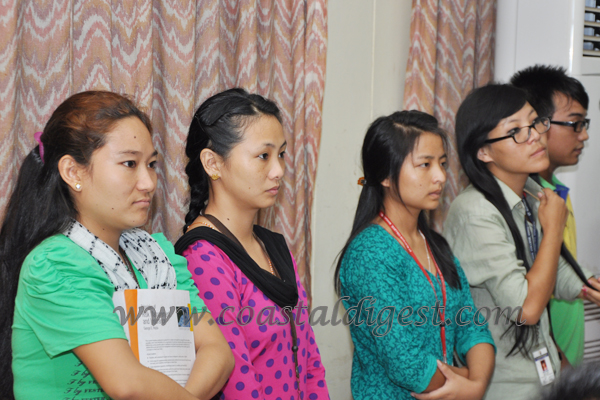
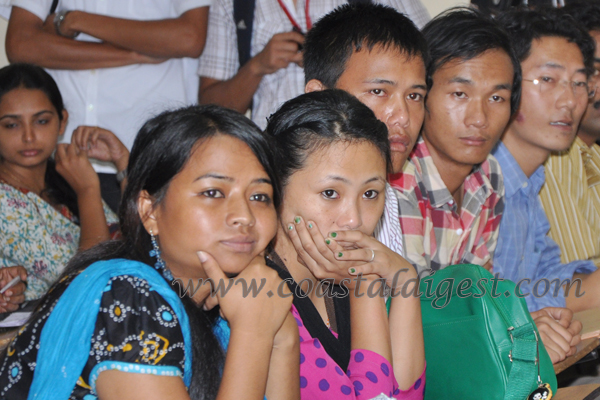
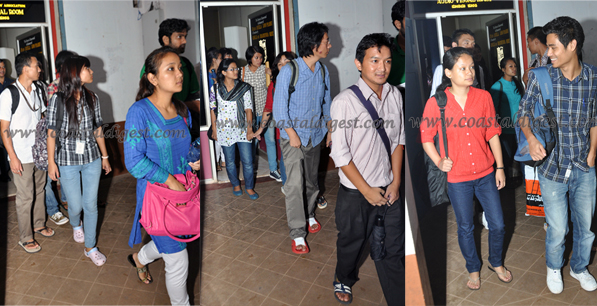






Comments
I am genuinely glad to glance at this blog posts which includes tons of useful information, thanks for
providing these kinds of data.
my blog :: stress relief: http://www.025bbx.com/comment/html/index.php?page=1&id=61854
Add new comment